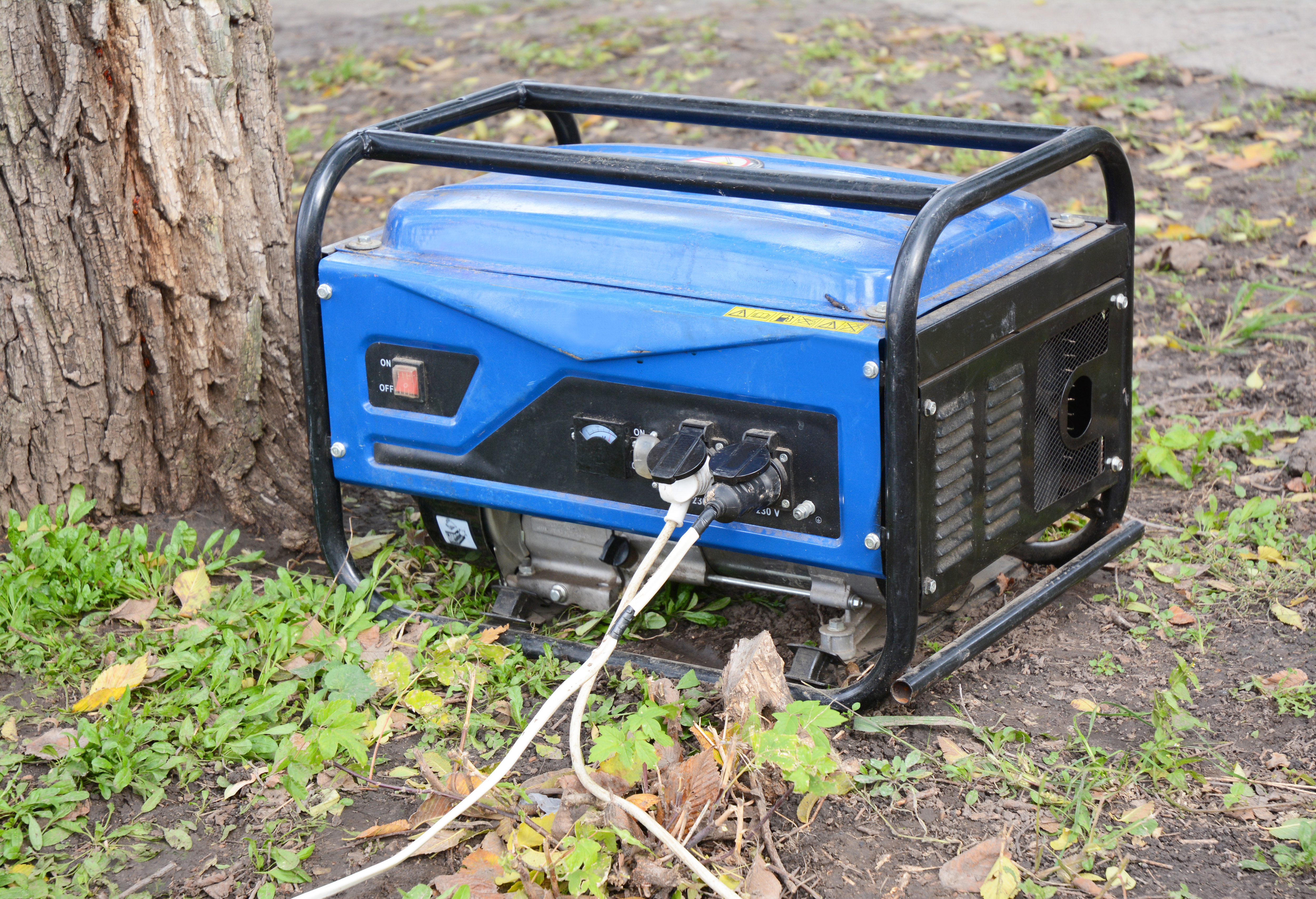Hurricane Laura recently devastated areas of Southwest Louisiana and Southeast Texas. You might have heard on the news that they "dogged a bullet," and they did. It could have been worse; the storm could have been apocalyptic. Instead, the area just had extreme wind damage and a completely mangled electrical system. This area is resilient, and with generators powered up, they are cleaning and trying to get back on their feet. Unfortunately, portable generators bring some hidden dangers and have contributed to almost 50% of the Hurricane Laura deaths.
Generator Safety Tips to Avoid Carbon Monoxide Poisoning
With the weather being unpredictable and more storms churning in the Atlantic, please be mindful of how important it is to follow the instructions on your generator and only use it in an extremely well-ventilated area. Below are generator safety tips to avoid carbon monoxide poisoning:
1. Never use a generator indoors
Operate your generator outdoors in an area with plenty of ventilation. Never run a generator inside a house, garage, or other enclosed space. (ventilation! ventilation!) Look around and see if there are openings where carbon monoxide could flow back into your house (ducts/vents/holes)
2. Turning the generator on the right way
Turn your generator on before plugging anything into it and add appliances one at a time to prevent overloading your generator.
3. Use heavy-duty extension cords (grounded, 3-prong)
You can also plug appliances directly into the generator outlets. Make sure that extension cords are not worn or frayed.
4. Don't plug the generator into the wall outlet
Do not try to power your house by plugging your generator into a wall outlet, 'back-feeding', as this is extremely dangerous.
5. Do not use your generator in the rain or wet conditions
If necessary, protect your generator with a canopy. Do not bring your generator into the garage even with the garage door open. (risk of carbon monoxide poisoning)
Before you refuel your generator, make sure that it is switched off and completely cool. Generators can run extremely hot and can burn you easily and severely. Be sure to keep children and pets away from them. Read all instructions for your particular generator.
Feeling Sick When Using A Generator? Here's What To Do...
If you feel sick, dizzy, or weak at any time while using a generator, get to fresh air immediately and seek medical attention.
Tip: If you are in the market for a portable generator, Consumer Reports has created a list for 2020 of the generators they have tested. It is a good starting point for what to look for at the very least.
Safety Third!
